Why would you start a book with “patience”? Can we get any more boring than that? But this passive action holds the key to making good decisions and is the essential ingredient for the next six requirements.
Imagine “patience” as the force to draw from to feed sensitivity, attention, communication, motivation, consistency and even courage. From caring to creative thinking, patience is at the root of all that is positive and good. While lack of patience is a quick creator of negative, violent, frustrating or even evil situations.
Patience brings balance and harmony. It allows us time to think before we react. It may buy us enough time to find our original reactions absurd, petty or egotistical, typical go-to reactions from our ego’s defense mechanism.
By being patient with ourselves, by allowing ourselves the time we need to get things done, by not demanding more of ourselves than we can achieve, by avoiding comparisons to others or impossible ideals, we build our own self-esteem while we learn to exercise that same patience with others.
It takes patience and self-control to watch children make their own decisions and sometimes fall, but patience will also afford you the chance to watch them get back up on their own.
Patience answers a thousand questions. Patience comforts, listens, counsels, and guides children in the discovery of their natural talents. Patience feeds their curiosities and motivates them to explore what intrigues them, to play what pleases them, and to practice what they want to master. In exercising what they’re naturally inclined to, children find a medium for expression and a platform for success.
Patience can go a long way in achieving the health and happiness parents want for their children and for themselves. Children are great teachers of patience and patience can be learned together, but with a different set of expectations.
GOOD PUPPY Tools help moderate situations by eliminating emotional reactions. Pre-established consequences keep parents from being the target of children’s frustrations. Children expect the loss of privileges when making wrong choices. Children know exactly what the consequences to their actions can be. Parents are not forced to create punishments while subject to irritation. This eliminates fear and unneeded anxiety for the child.
Let patience be the guiding light in your life and the rule by which you measure all your parenting powers.
From
EVERYTHING HAPPENS FOR A REASON
The Little GOOD PUPPY Guide Book for Growing Good Kids
By Gabriel Tito, RMFT & Marina Tito
Learn more about the
GOOD PUPPY Children Behavioral & Emotional System






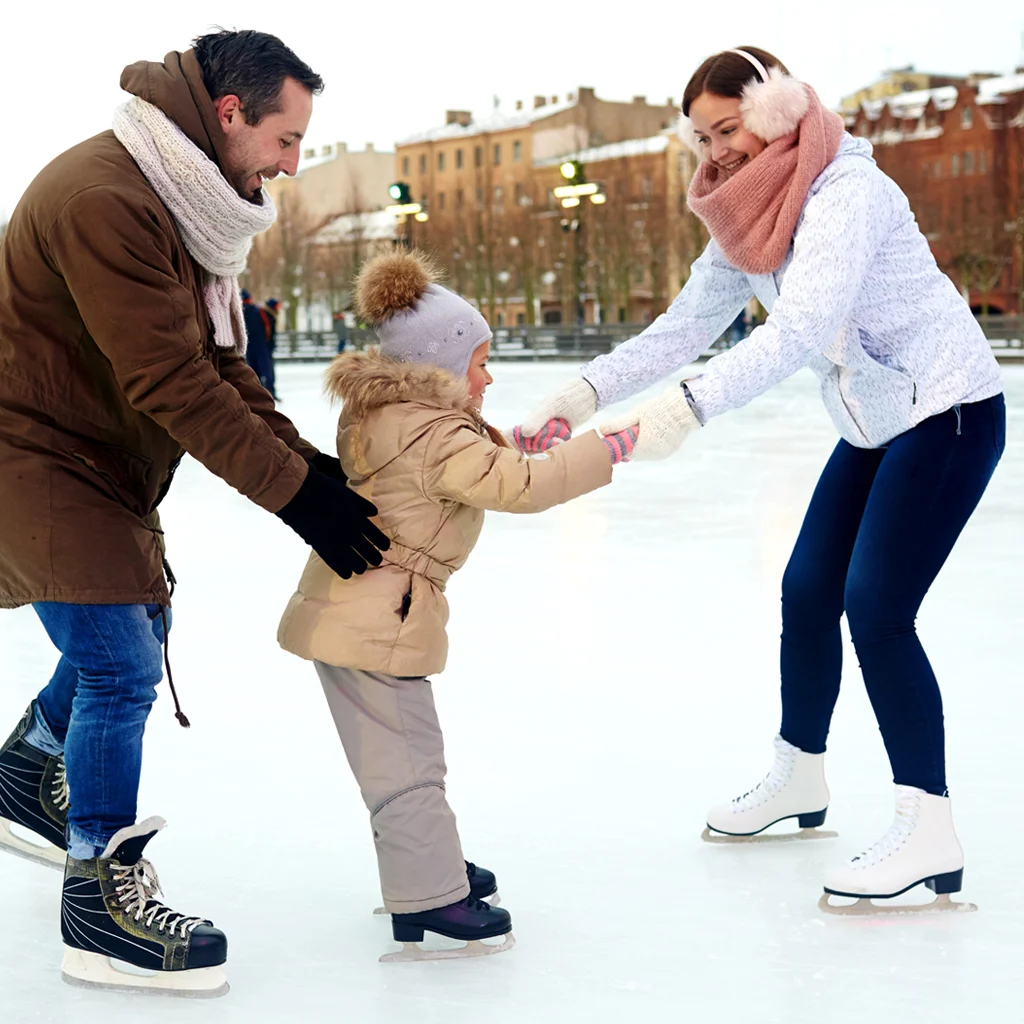
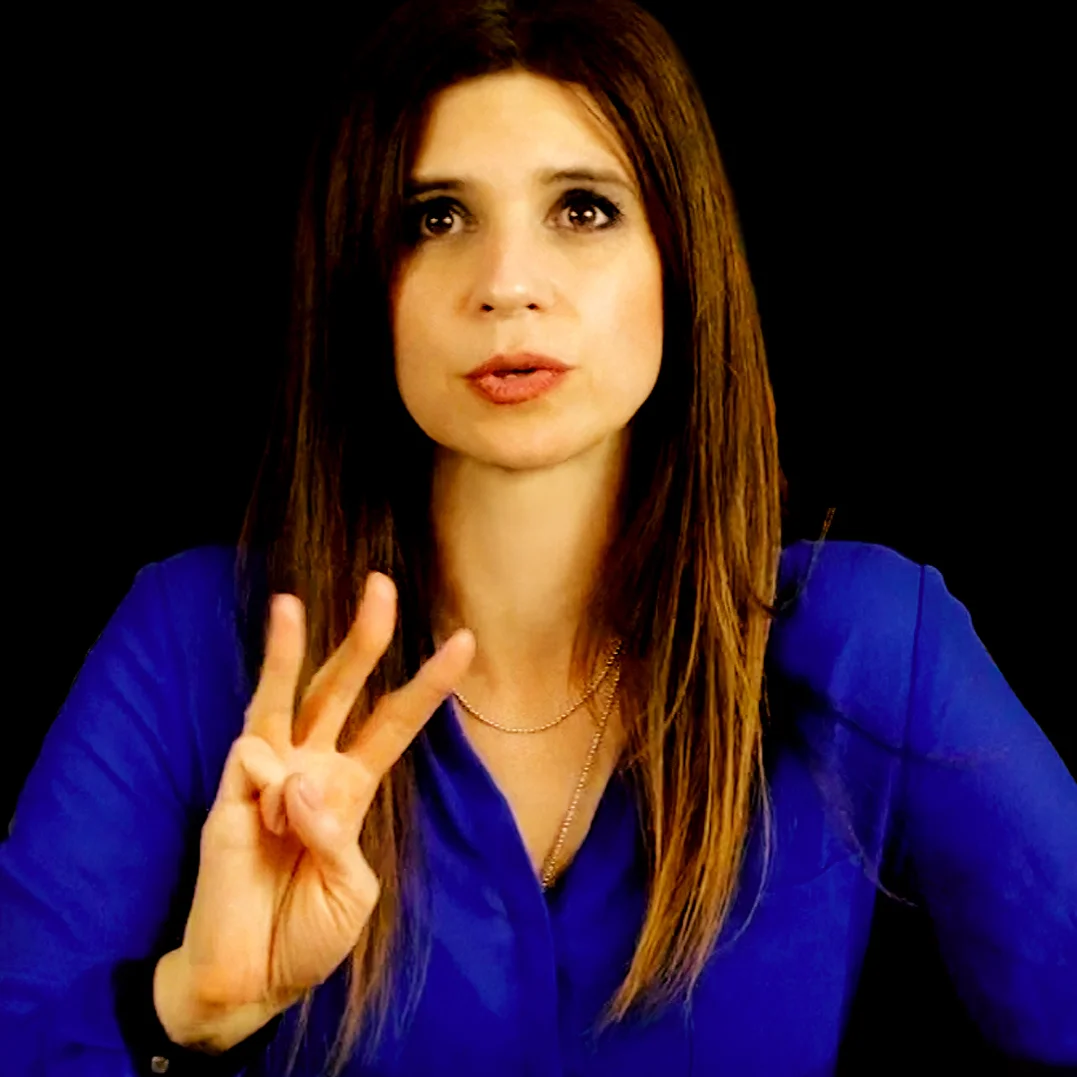


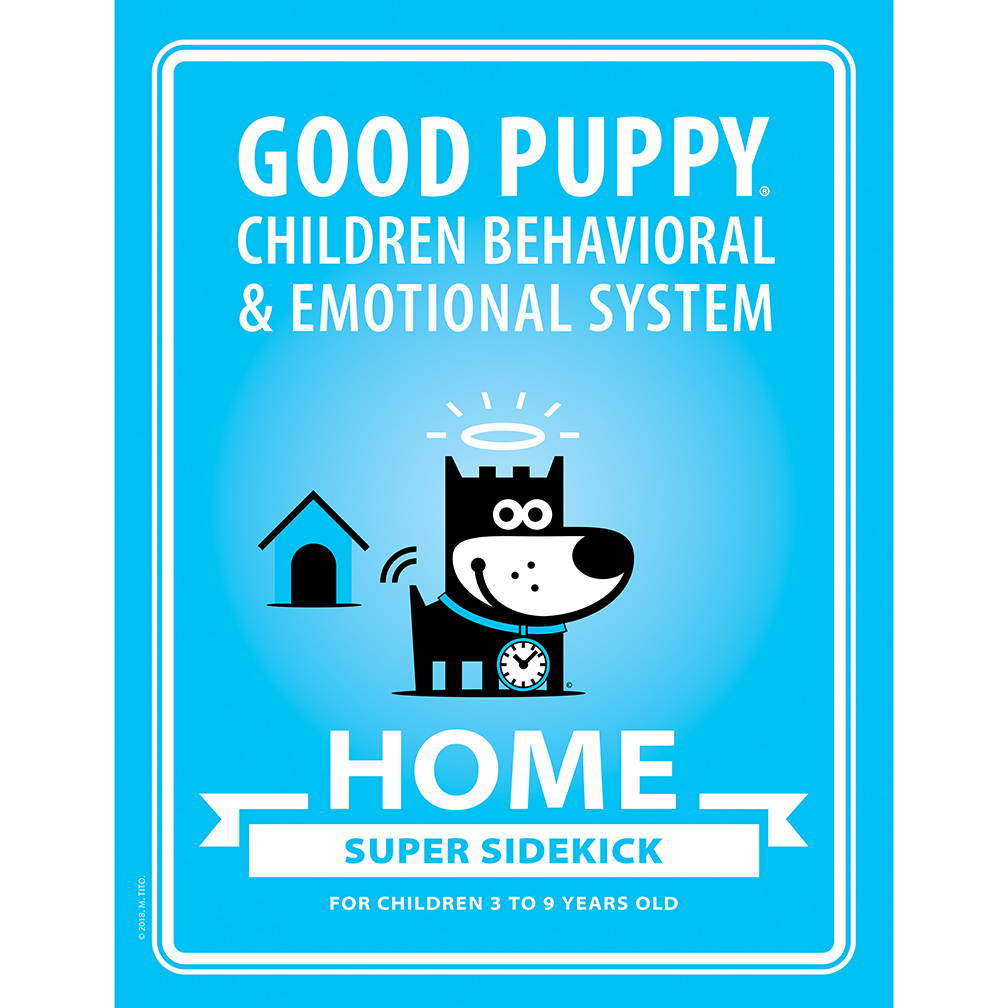
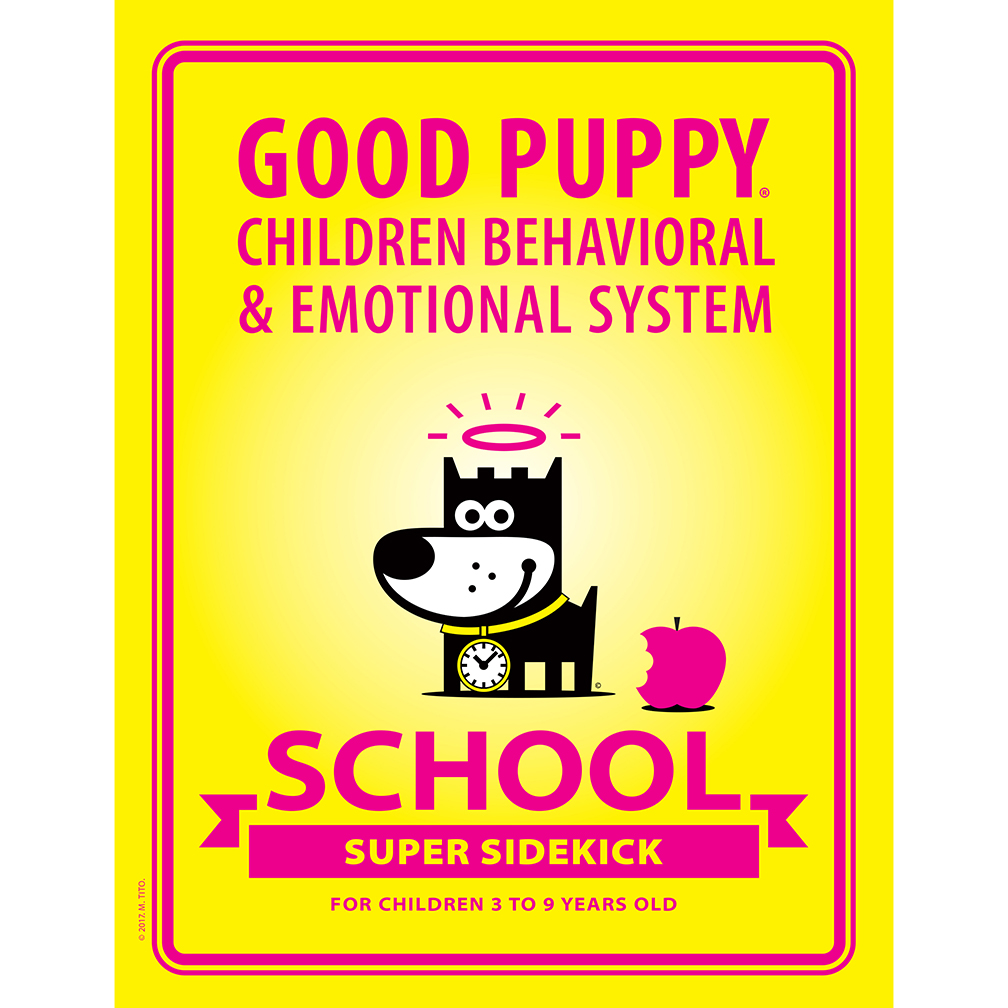
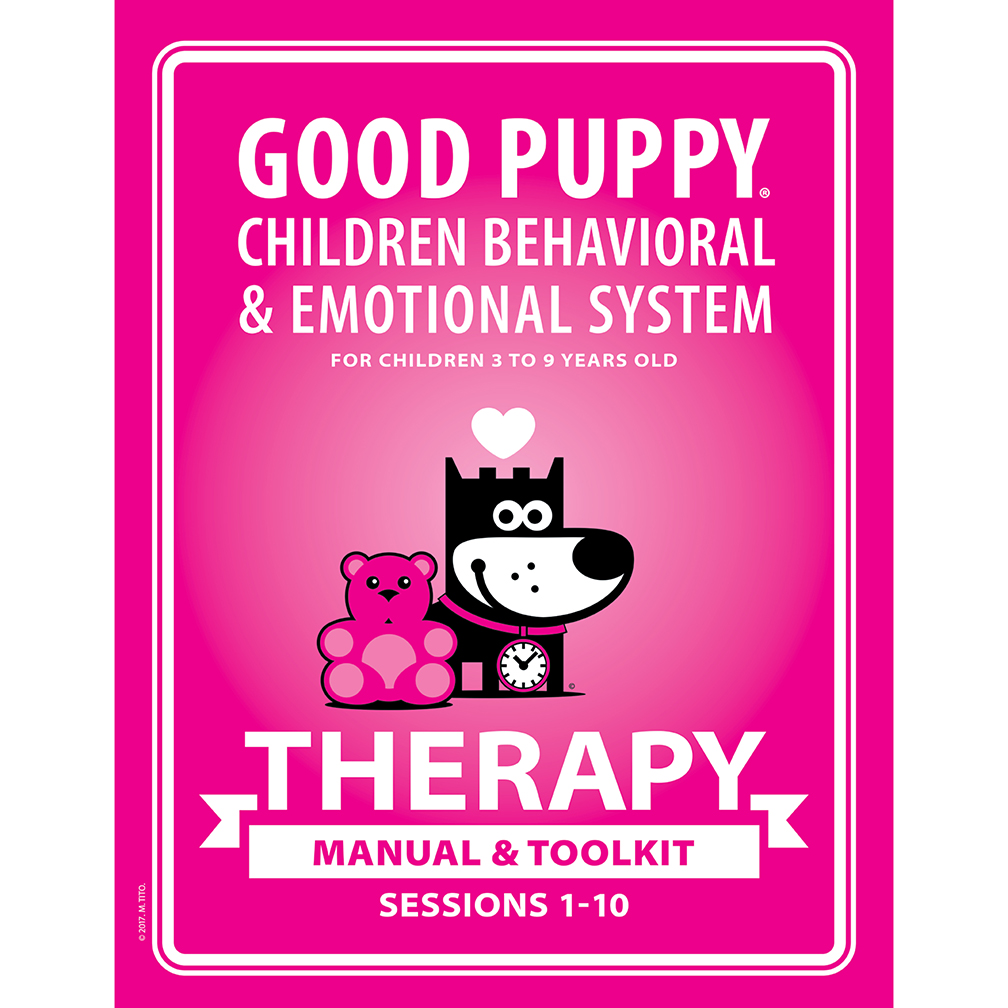
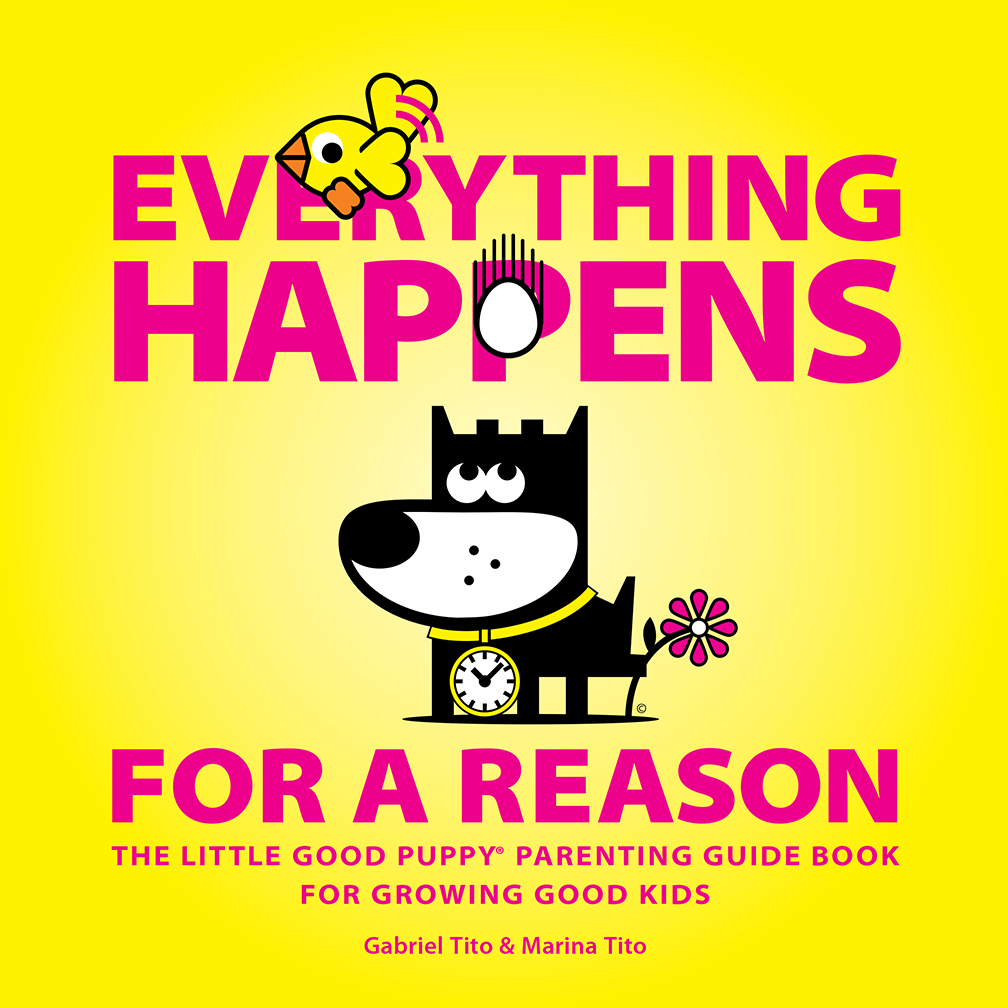
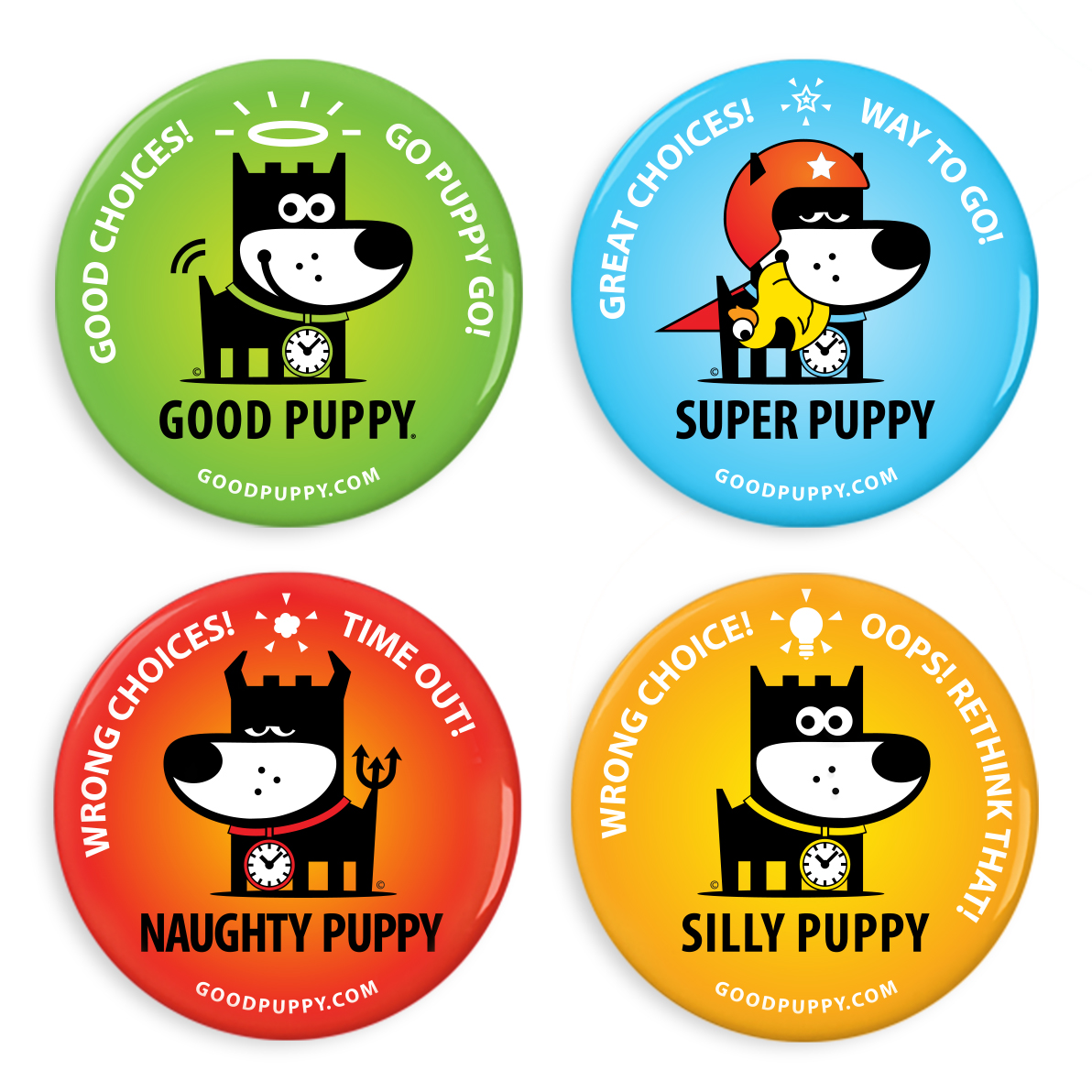
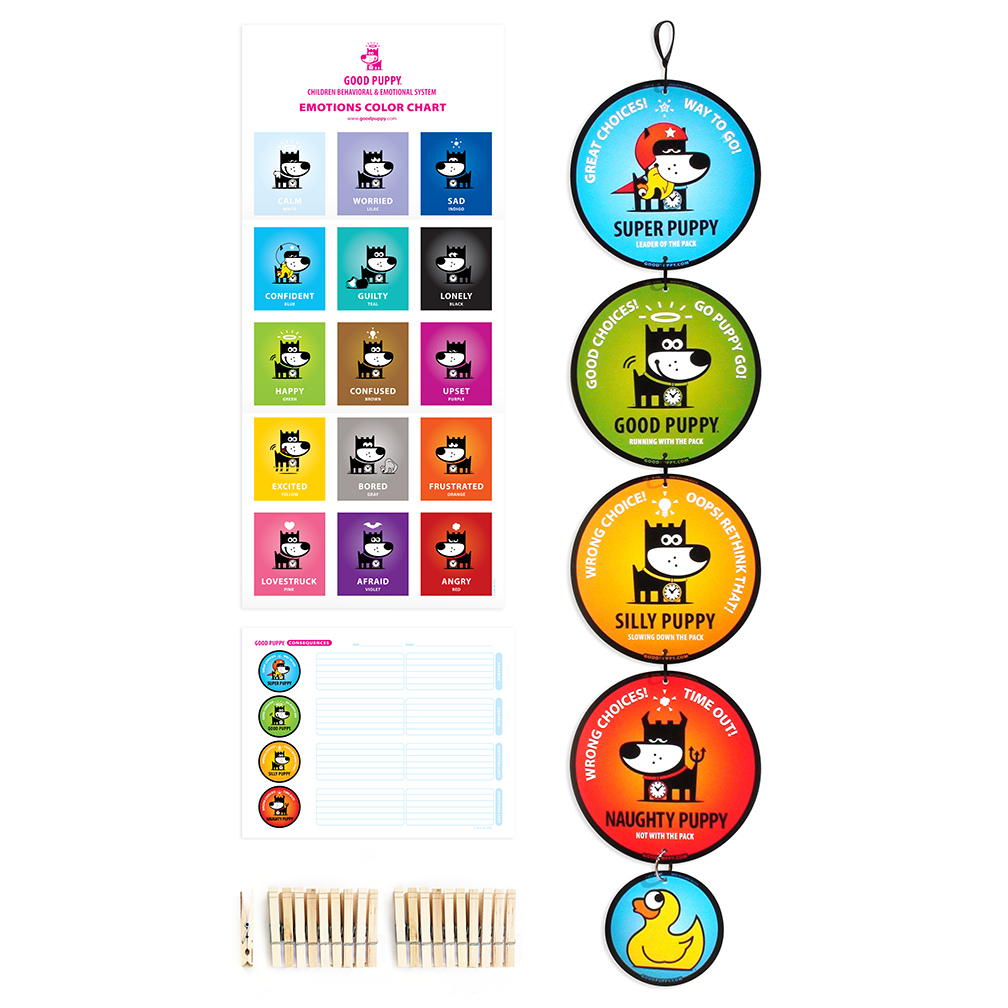
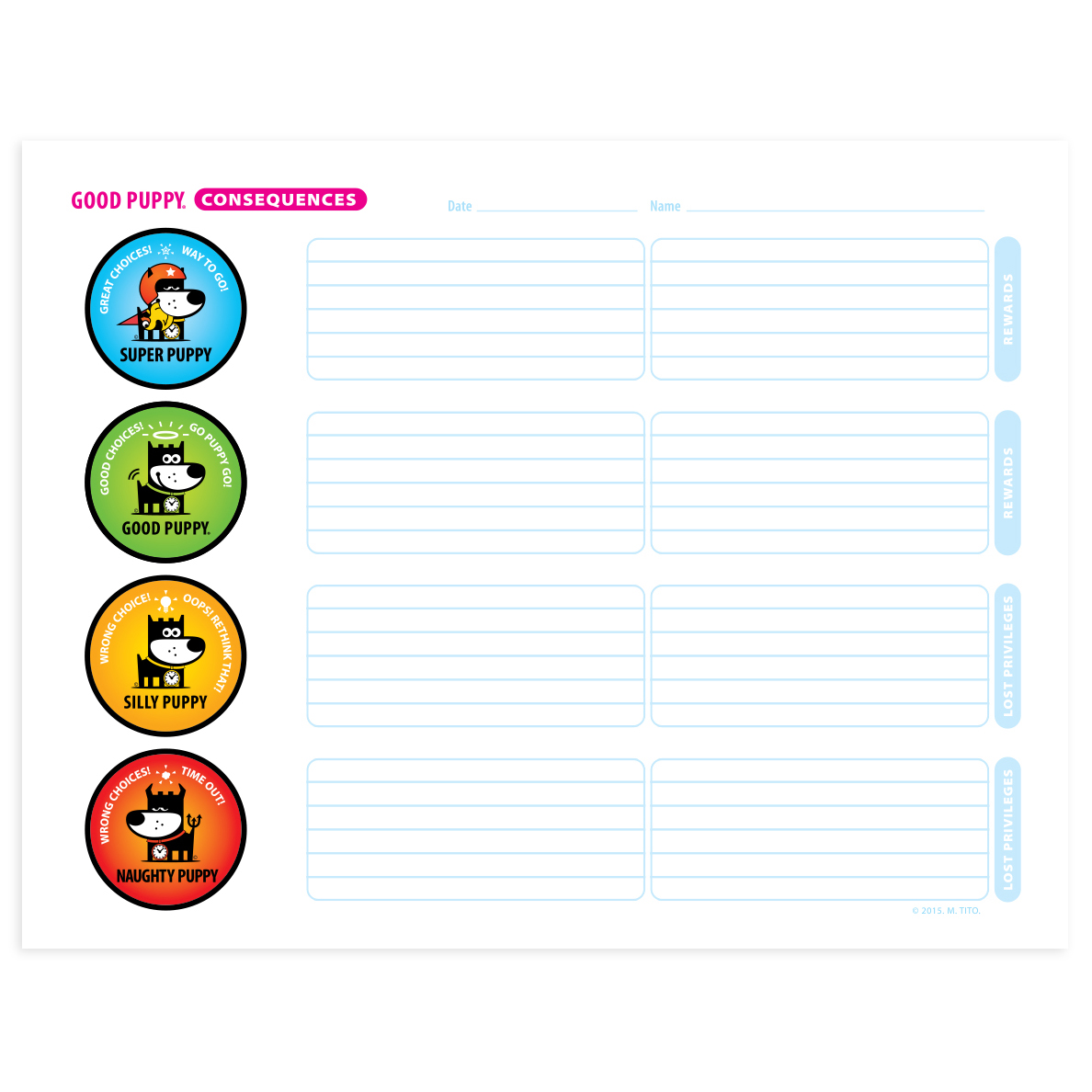
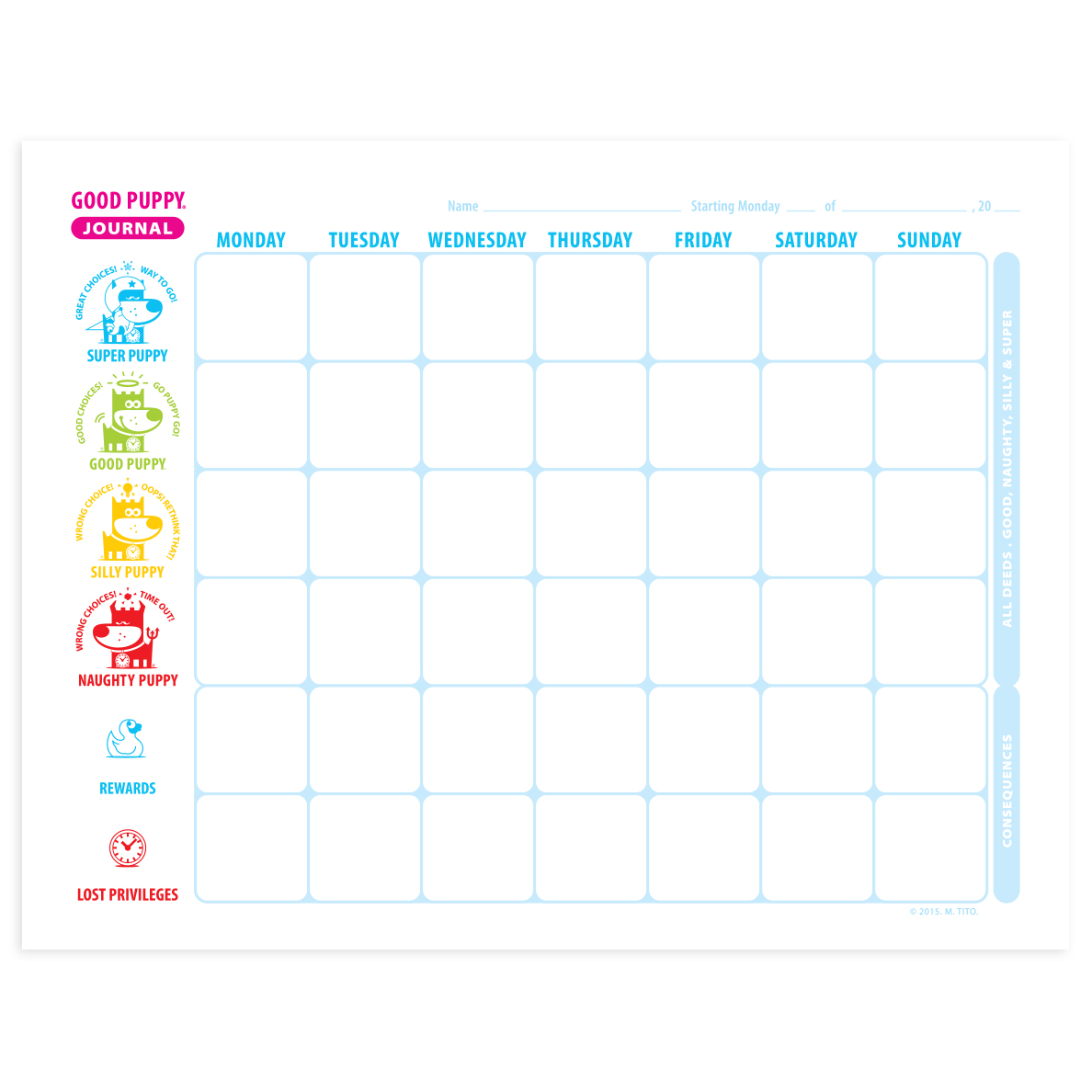


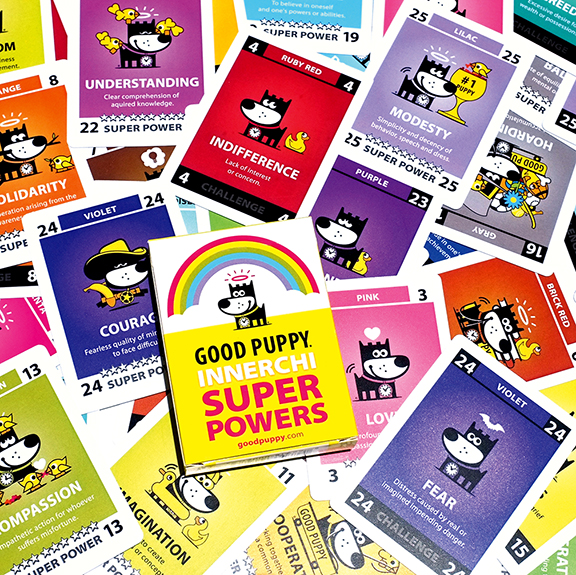


What Does It Take To Do A Good Parenting Job?
Just like any job, raising children comes with a list of requirements. These requirements allow for a positive parenting experience, beneficial to everyone. But while anyone may muster up some of these traits, it is mastering them that will turn them into parenting super powers.